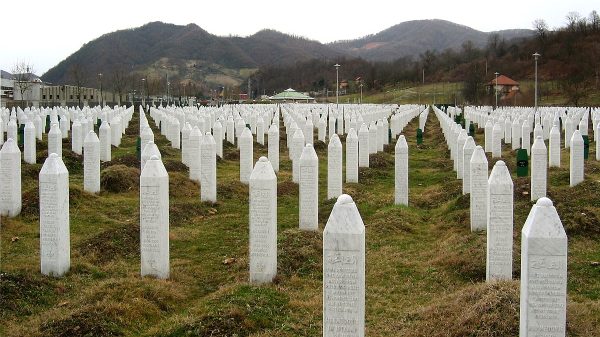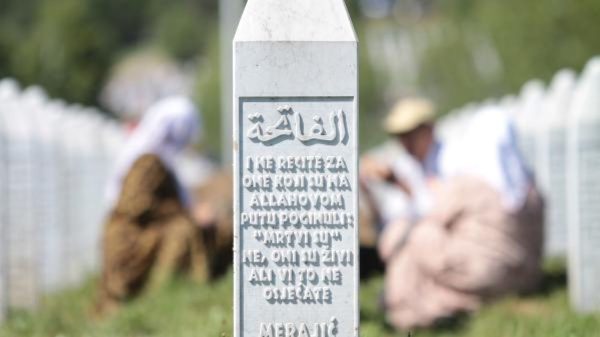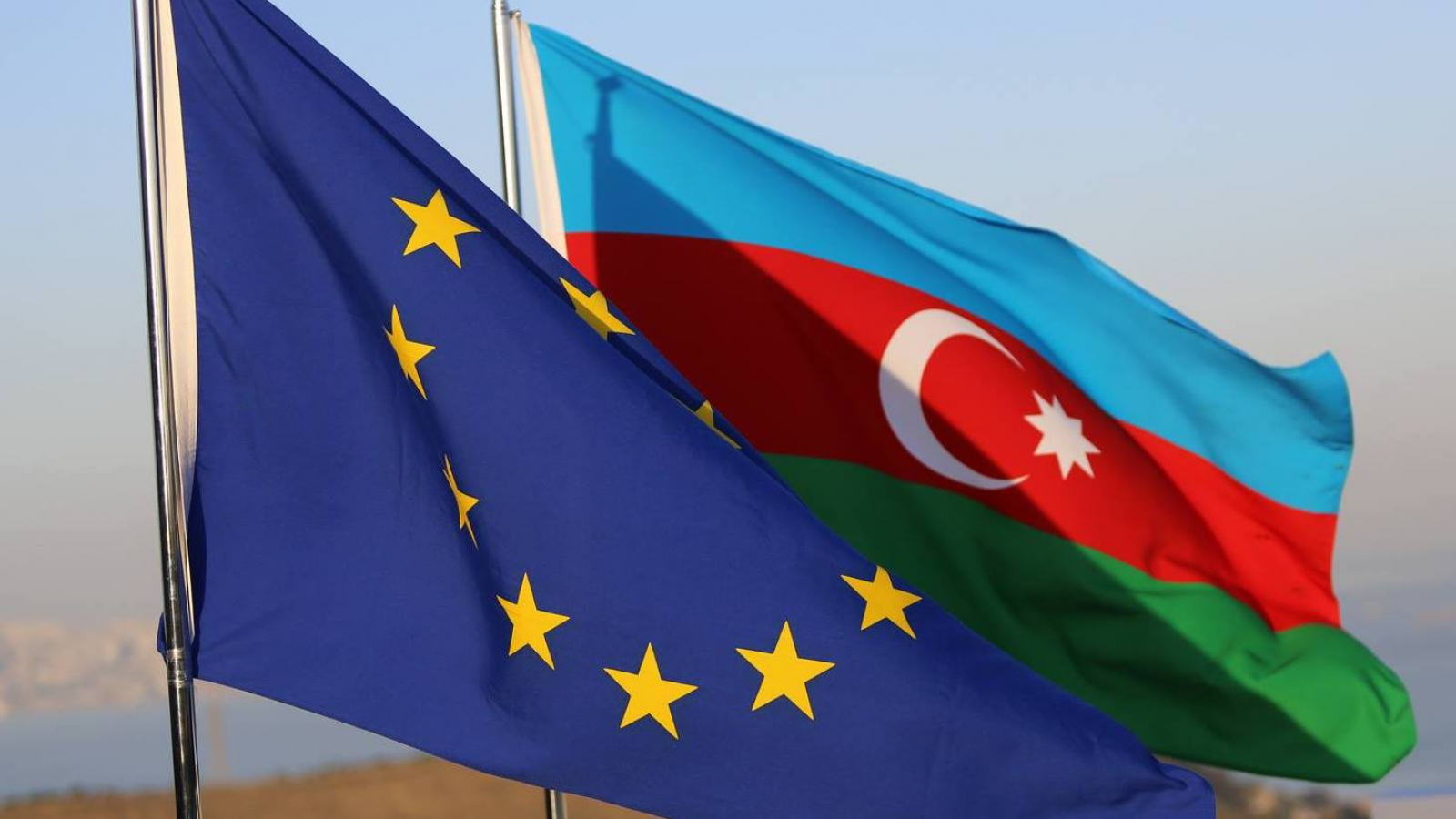Last week, the European Parliament had another busy day voting and adopting a number of resolutions on very diverse aspects of international and EU-related matters. MEPs shook their fingers to Mexico, Myanmar and Azerbaijan while taking position on EU citizenship and taxation supporting the recovery strategy. I’m not sure how the EP resolutions contributed to the international peace and stability, but definitely was not helpful in terms of balanced and pragmatic approach to the EU’s geostrategic vision and ambitions for becoming a global player.
A rough response followed from the Mexican government lashing out to EU lawmakers. “It’s unfortunate that like sheep you join the reactionary and coup-like strategy of the corrupt group that opposes (the administration),” Mexico’s government said in a statement in response to the EP.
We are not aware of Myanmar’s reaction yet, but think Azerbaijani officials were able to react more cautiously and in restraint. Although the South Caucasus region has experienced last months a relatively quiet period rich in calls for peace, the EP’s resolution named “The destruction of cultural heritage in Nagorno-Karabakh” was “successful” in drawing attention to the region once again in the context of war, disinformation and further promotion of ethnic and religious hatred hidden in its strong inflammatory rhetoric.
EP is claiming that Azerbaijan is destroying or already destroyed the Armenian cultural heritage in Karabakh. I indeed believe that the rich cultural heritage, in addition to religious and historic heritage of the region was destroyed and vandalized in that tiny part of the world. But I’m not as sure as the MEPs about its perpetrators.
A minor hint for those who are not familiar with the political geography of the region, Karabakh region belongs to Azerbaijan under international law, but was under Armenia’s occupation for almost three decades. Second massive war in Karabakh ended with Azerbaijan’s restoration of its control over the dominating part of the region, while allowing the temporary deployment of Russian peacekeeping forces in the rest.
The end of the occupation period has revealed one schoking truth about the territories that Azerbaijan was able to restore its control over: completely raze to the ground cities and villages with hardly any trace of life left, reminding the ruins of Hiroshima. Was there anything to destroy? I have doubts.[1]
Therefore, the resolution that the MEPs overwhelmingly voted in favor of, can be explained with many other factors but the truth on the ground. According to Azerbaijani officials, this is mainly the result extensive disinformation and lobbyist activities of Armenian diaspora and pro-Armenian circles in the European Parliament. (https://en.vestikavkaza.ru/news/Baku-European-Parliament-resolution-on-Karabakh-based-on-disinformation.html) If so, then we have a Parliament which can be manipulated easily. Otherwise, we have a Parliament which apparently tries to leave the burden and responsibility of the destructions in Karabakh on the shoulders of one country while white-washing the crimes of the other.
Would it be possible and useful to investigate the situation on the spot before such hasty resolutions, or at least to study the reports of independent experts and international organizations?[2] I leave the answer to those 635 MEPs who voted in favor of this suspectful resolution.
Unfortunately, this not the only point that raises justified objection. Following the adoption of the resolution, a number of reports in the Armenian media revealed another worrisome case. The letters addressed by the Azerbaijani Ambassador to the EP was leaked to Armenian lobbyists and published.[3]
At a time when the security of the whole of Europe is severely endangered, the leak of information from the EU institutions on such sensitive matters, cannot help but to worry every single EU citizen.
[1] https://twitter.com/REZAphotography/status/1330903897305702403?t=n_vNpx2veiP44n5N5xveEw&s=08
[2] https://www.icesco.org/en/2021/01/13/icesco-dg-visits-several-historic-sites-in-nagorno-karabakh/
[3] https://www.aravot-en.am/2022/03/08/299400/























